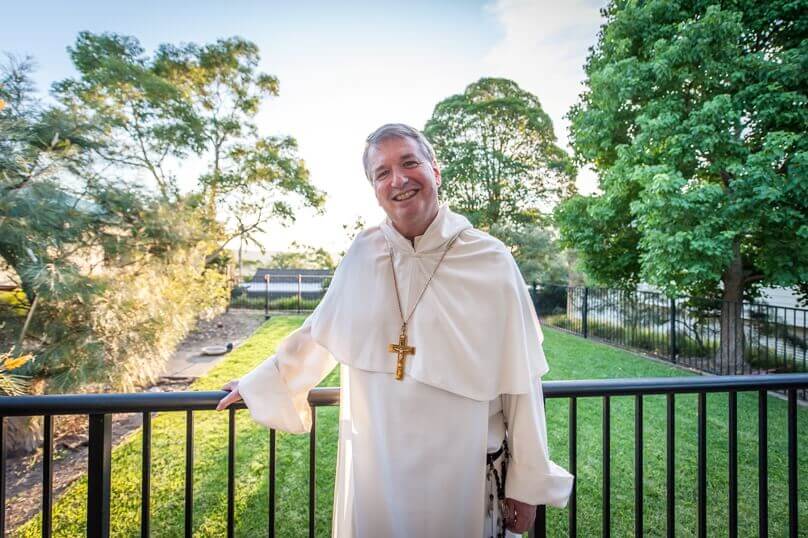
In this season of Lent, we seek to experience the mercy of God the Father, and to practise it in our daily lives. But first we must experience our need for mercy, that is, our brokenness and, indeed, our sinfulness, in so far as we have failed to love God above all, and to love our fellow men and women as ourselves. This is why the Church’s Canon law reaffirms the obligation to do penance – to interrupt the usual comforts of life, to rediscover in prayer the merciful love of God, and to practise charity and justice towards those in need.
The special times of penance are all Fridays throughout the year and the season of Lent.
We recall that St John the Baptist prepared for the coming of the Lord by “preaching a baptism of repentance.” Jesus began his ministry with the exhortation: “Repent and believe the Gospel” (Mk 1:15). Repentance means the rejection of sin. It implies conversion to, and reconciliation with, God. Prayer, self-denial, and works of charity are the concrete expressions of repentance. Each of these identifies us more closely with our Saviour. By penance we make satisfaction for our sins, and take real steps in the renewal of our lives. Repentance and conversion are central, on-going, and even daily practices of Christian living.
In nominating special times of penance, the Church encourages and promotes in all of us the habit of penance. Furthermore, observance of these special times by all Catholics throughout the universal Church emphasises what we call “the social dimension of sin“. The sin of the individual member always in some measure infects the whole body. Therefore during Lent and on every Friday throughout the year, we do penance, not only on our own account, but also in the name of the Church and of the world.
We must take very seriously our penitential obligations and be sure to carry them out. [This does not] restrict our penance to fast and abstinence; in all cases, it has left room for our own responsible choice. We should carefully select the form of penance that we consider most appropriate for our own circumstances and growth in the Christian life.
DAYS OF PENANCE
- Abstinence from meat, and fasting, are to be observed on Ash Wednesday and Good Friday. All who have completed their eighteenth year and have not yet begun their sixtieth year are bound to fast. ALL who have completed their fourteenth year are bound to abstain.
- On all other Fridays of the year including the Fridays of Lent, the Law of the common practice of penance is fulfilled by performing any one of the following:
- prayer – for example, Mass attendance; family prayer; a visit to a church or chapel; reading the Bible; making the Stations of the Cross; praying the rosary.
- self-denial – for example, not eating meat; not eating sweets or dessert; giving up entertainment to spend time with the family; limiting food and drink so as to give to the poor of one’s own country.
- helping others – for example, special attention to someone who is poor, sick, elderly, lonely or overburdened.
LENT LASTS from Ash Wednesday (1 March) to the Mass of the Lord’s supper exclusive (13 April). On Good Friday and, if possible, also on holy Saturday until the Easter Vigil, the Easter Fast is observed.
PASCHAL PRECEPT
Each of the faithful is obliged to receive Holy Communion at least once a year. This is to be done between Ash Wednesday, 1 March, and Trinity Sunday, 11 June 2017 unless for a good reason it is done at another time during the year. ALL the faithful are obliged to confess their grave sins at Least once a year.
